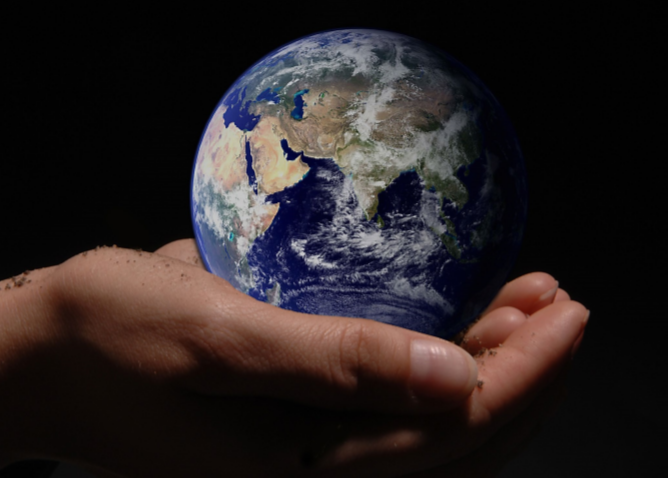
Freshwater diversion can be harmful to sensitive ecosystems, and recycling keeps it at a minimum, leaving important plants and wildlife with enough water to survive and reproduce. Without enough water flow, the water quality that the ecosystem relies upon to survive deteriorates, and reliance on expensive imported water becomes a necessity.

Recycling can bring costs down, ensuring that agricultural areas have enough resources to sustain themselves. This reduces energy use, introducing a new wave of cost savings. The water recycling revolution is keeping resources intact through increasingly innovative methods. Recycled water supplies have never been as accessible as they are today.
The Planet Naturally Recycles Water, But Technology Improves The Process
The planet is an accomplished water recycler in its own right, removing contaminants through evaporation before returning relatively clean water to the earth. Technology can now improve and speed up that process. Waste water reclamation technology can now extract potable water through natural and engineered processes. Preliminary treatment methods use multiple steps to screen out solids and grit before targeting settable scum. Secondary processes then remove suspended solids using fixed-media filtration and disinfection as a viable alternative to activated sludge processes.
Water Is The Most Important Element On Earth
Every living being relies on water for its survival. Without it, there can be no life, but global warming is resulting in crippling droughts all around the world. Water recycling is currently protecting valuable ecosystems that would otherwise die thanks to rainfall changes. Droughts cut off food supply, shrink habitats, and damage flora. They can even lead to the extinction of important species. Water recycling adds a water source, preventing diversion from core biomes, saving species directly and indirectly.
Reusing Water Benefits Human Resource Management
Growing water scarcity results in job loss, waterway damage, and economic challenges, all of which can be overcome through an innovative recycling strategy. The ramifications of water shortages stretch throughout the economy, leaking into everything from agricultural losses to relief costs. Water recycling places resources back into the economy while simultaneously bringing important financial savings to industries that rely on process water. It also enhances sanitation, so it's a key way to prevent the spread of disease and toxins from industrial by-products.
Protecting Water Sources
Recycled water becomes an important part of the hydraulic cycle, improving water quality, decreasing disposal costs, and replenishing groundwater basins. Drought can remove important minerals from the soil, making recovery difficult or impossible. Agricultural heritage is damaged, and biodiversity degrades while livestock are left without drinking water. Water reclamation helps prevent a reduction in soil quality and the death of vegetation that, in turn, prevents erosion. It enhances wetlands, irrigates soil, and feeds important water by-products such as electricity and food production.
The average wastewater treatment facility discharges 1.35 billion gallons of effluent a day. Every millimetre is a potentially valuable opportunity for water reclamation. With only a small percentage of all the world’s water being available for human consumption and climate change reducing our resources, there is no era as important for water reclamation as today.
Individual businesses play an important role in water recycling by optimising the way they use and reuse water in their facility. To find out more, please get in touch with one of our water treatment specialists today.









 We are a specialist independent company involved in water purification and water treatment technologies
We are a specialist independent company involved in water purification and water treatment technologies


